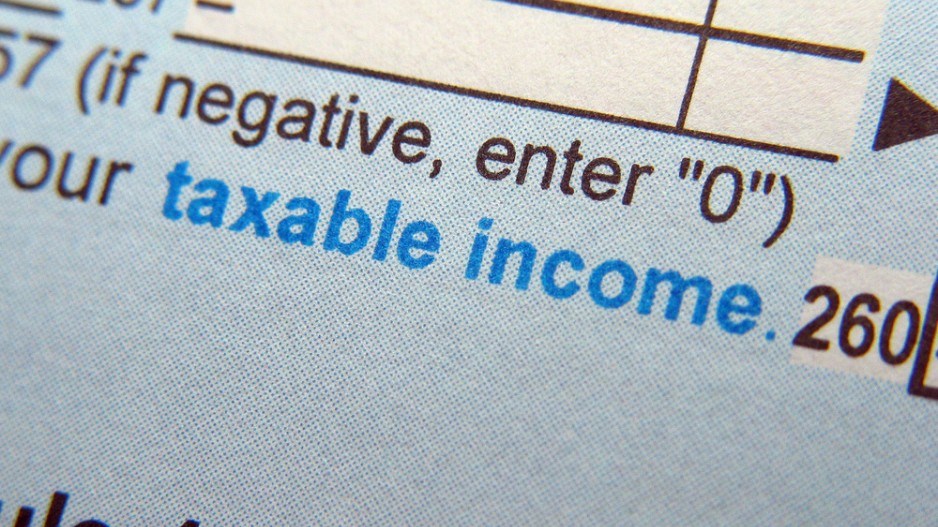With the annual income tax filing deadline less than two weeks away, CIBC tax and estate planning expert Jamie Golombek has penned a report to provide Canadians with tips of the trade to help them unearth available tax savings.
Many Happy Returns! Mining Your Tax Return for Extra Money this Spring discusses common deductions and tax credits that filers should be aware of – and that it’s up to each of us to figure out what they are.
“If you make a mistake and fail to report some of your income, chances are you’ll receive a letter from the CRA pointing out the error of your ways,” Golombek said. “On the other hand, if you fail to claim valuable deductions or credits, don't stand by your mailbox waiting for notification from the CRA.
“There’s no automatic warning system in place to let you know that you could be getting more value from your tax return.”
Some of the more common deductions and credits include:
- RRSP deduction: not to exceed 18% of the previous year’s earned income, with a maximum deduction of $22,970 in 2012;
- Public Transit Amount: amount paid for transit passes (but not individual fares);
- Children’s Fitness and Arts Amount: up to $500 for your children to participate in physical activities or arts programs;
- Family Caregiver Amount (this is a new credit in 2012): can claim $2,000 for each dependent with a physical or mental impairment;
- Charitable Donations and Gifts: amounts paid to registered charities and foundations;
- Dividend Tax Credit for Eligible Dividends: credits are available to reduce the amount of tax payable on Canadian dividends;
- Amount for Children Born in 1995 or Later: $2,191 for each child under 18 at the end of 2012; and
- Allowable Medical Expenses: a credit for total medical expenses that exceed the lesser of 3% of net income or $2,109 in 2012 – this includes out-of-pocket costs for medical and dental insurance plans, which is a commonly overlooked expense.
Other amounts that are claimable are the non-taxable portion of capital gains, payments into an RESP, pension income splitting and payments made into a Registered Disability Savings Plan (RDSP).
Golombek also noted that it isn’t too late if you do happen to forget any of these deductions; Canadians can file a Form T1-ADJ Adjustment Request for any of the previous 10 tax years.




